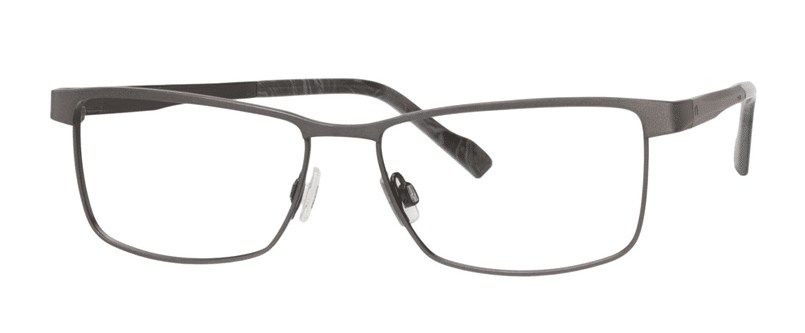CooperVision Inc. named Jerry Warner as President, North America, responsible for determining the strategic direction of North America, the company’s largest region, driving sustainable business growth and deeper customer relationships in the United States and Canada. The company confirmed to VuePoint that Tom Konstantas, General Manager, Cooper Vision Canada reports to Mr. Warner in his new position.
Mr. Warner joined CooperVision in 2012, and most recently held the position of Senior Vice President of Global Marketing. Prior to joining CooperVision, he spent 17 years with Bausch & Lomb in various marketing positions in the contact lens and lens care areas with both global and North American responsibilities. Earlier in his career, Mr. Warner served in a variety of sales, marketing and trade marketing roles with Bristol Myers Squibb at the territory and sales management levels.
“Jerry has extensive vision care experience, having spent the past two decades working hand-in-hand with eye care practitioners, retailers, researchers, educators, field sales teams and others in global and regional roles,” said Dennis Murphy, Executive Vice President of Global Sales and Marketing at CooperVision.
“CooperVision has always enjoyed a mutually beneficial relationship with prescribing practitioners, and I look forward to extending and deepening that bond as we grow together.” said Mr, Warner.
Mr. Warner earned an MBA from the Simon School, University of Rochester, and holds a bachelor’s degree in business administration from Villanova University. His primary office will be in Fairport, N.Y.












